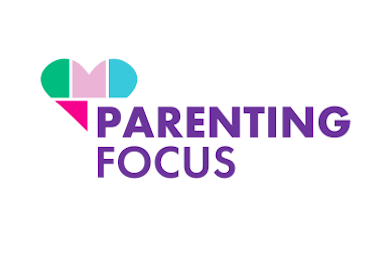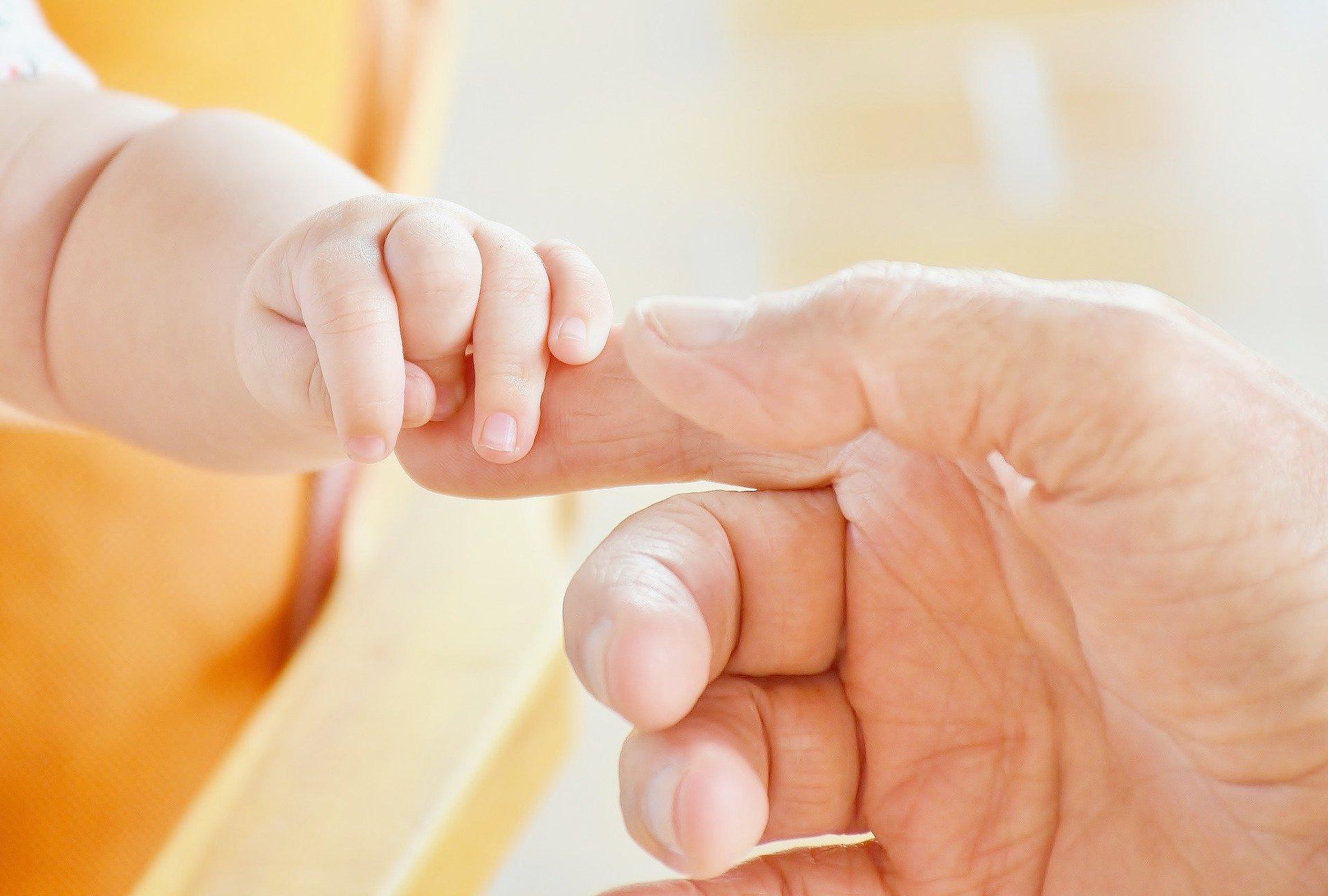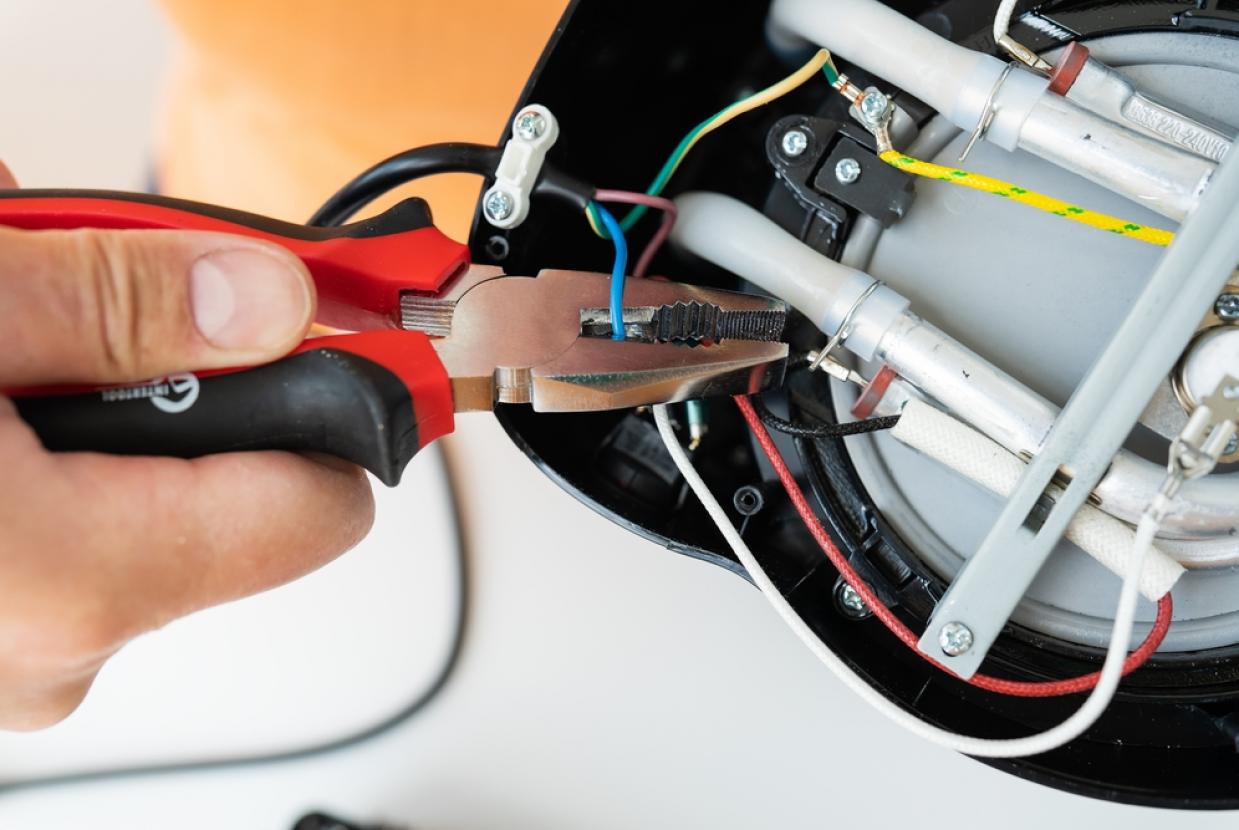Why Active Fatherhood Matters
Family HealthAt every stage of a child’s life, fathers play a vital and often unique role in shaping their development. With changing dynamics in modern family life, fathers are becoming more involved in their children’s lives from the very beginning. This shift has had positive, long-lasting effects—not just for children, but for families as a whole.
A father’s changing role
Gone are the days when fathers were seen only as providers or disciplinarians. Today, fathers are taking on a much more active role in the lives of their children, participating in daily care, school activities and being hands-on right from infancy. Whether it's changing nappies, soothing a newborn, or attending school plays, the involvement of fathers is invaluable.
Fathers understand that investing time and effort in their children while they’re young paves the way for stronger relationships in the teenage years and beyond. If fathers don’t spend time with their children in those early years, they may find it difficult to connect later. The earlier fathers get involved, the stronger their bond becomes—giving children the security and foundation they need to thrive.
Why fathers matter
Active and supportive fathering has proven benefits that extend across childhood into adolescence and adulthood. Studies show that children with engaged fathers tend to have:
- Better friendships
- Fewer behavioural issues
- Higher educational achievements
- Lower risk of criminality and substance abuse
- Greater empathy and social skills
- Improved language development by age five
Fathers as role models
Children learn by watching their parents, and this holds particularly true for fathers. From emotional intelligence to life skills, children absorb and mirror what they see. Fathers who model positive behaviour—whether it’s how to manage emotions, build relationships, or handle responsibilities—lay the foundation for their children’s own development.
Moreover, fathers who engage in shared activities like cooking or doing chores with their children encourage the development of interpersonal skills. This helps children deal with stress more effectively and improves their ability to form strong relationships in adulthood (Ibrahim et al., 2017).
Fathers and academic success
One study found that fathers who are involved with their children by age 7 have a direct impact on their academic achievement by age 20, regardless of the mother’s involvement. Importantly, this involvement also serves as a protective factor against risky behaviours that could hinder academic success (Flouri & Buchanan, 2004).
Fathers as emotional anchors
Fathers often provide vital emotional support for mothers, especially in those early, challenging months after a baby is born. Fathers can act as a buffer, offering reassurance and stability when mothers face physical or emotional difficulties, such as post-natal depression or handling the stress of new parenthood.
Supporting fathers ultimately benefits mothers, too. Research shows that fathers who are positively involved in their family life report better well-being, which creates a more harmonious home environment (Bowling & Werner-Wilson, 2000). This mutual support between parents strengthens their ability to provide a stable, nurturing environment for their children.
Additionally, children with involved non-resident fathers (in cases of divorce or separation) benefit significantly when fathers maintain quality time with their kids. This active engagement fosters healthy relationships and helps mitigate some of the challenges that come with family separation. In fact, research shows that it is not the amount of time spent together, but the quality and variety of activities shared that have the most significant impact on a child's well-being (Adamsons & Johnson, 2013).
The father’s role is irreplaceable
The benefits of having an actively engaged father extend far beyond childhood. From fostering self-esteem to improving educational outcomes and developing strong social skills, a father’s influence is irreplaceable. However, valuing the role of fathers does not lessen the importance of mothers. Instead, it highlights that children need actively engaged parents—both fathers and mothers—to feel secure, supported, and loved.
As a society, we need to ensure that fathers are recognised, supported, and empowered to take on active roles in parenting. This starts with service providers becoming more ‘father-aware’ and offering support that enables dads to thrive in their roles.
Conclusion
In conclusion, a father’s unique contribution to their child’s development is profound. Fathers who are actively engaged from the earliest stages of life help create stronger, more resilient, and more successful children. Whether it's reducing stress, improving educational outcomes, or the growth emotional intelligence, the father-child bond is critical for a child’s development at every stage.

























































































